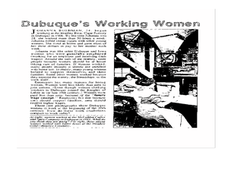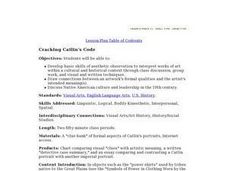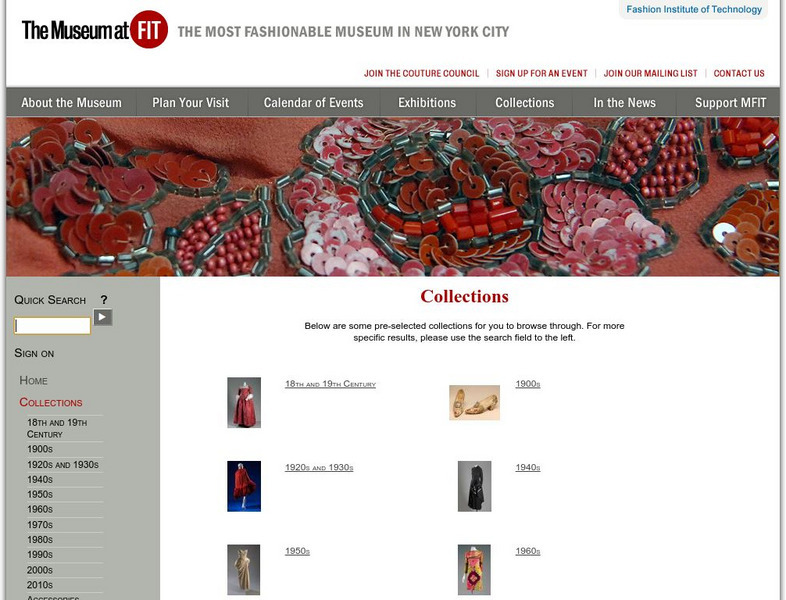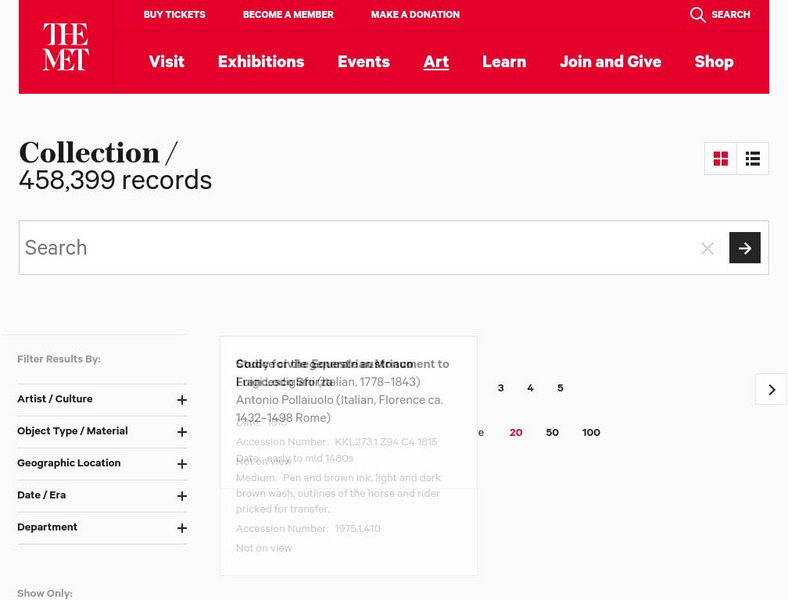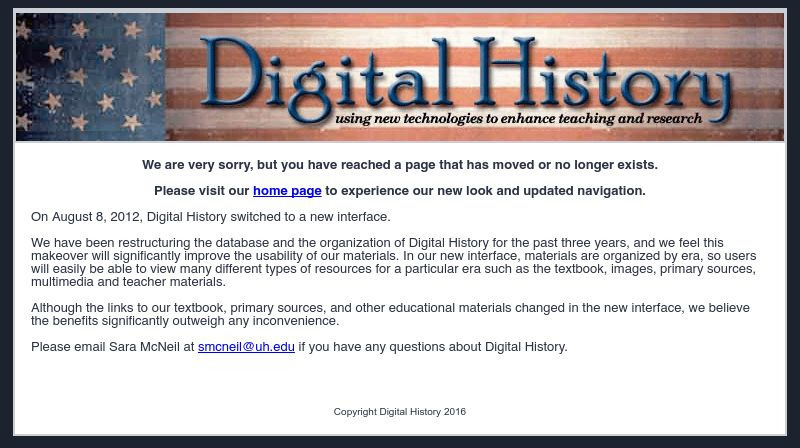Curated OER
Wheeling and The Big City Lesson 1
Eighth graders consider how immigration impacted the East. In this West Virginia history instructional activity, 8th graders research the effects of immigration on Wheeling, West Virginia. Students also gather information about...
Curated OER
Images of Cowboys
Students examine the image of the cowboy that is presented in popular culture. Students read about Native American, African American, Mexican, and Canadian Cowboys. For homework, they analyze a classroom textbook's depiction of cowboys.
Curated OER
Badges of Pride
Fifth graders investigate jobs and how people identify with their job. In this labor instructional activity, 5th graders create a book from illustrations of various jobs. Students read an article about labor and answer questions about...
Curated OER
Fall Plowing: Drawing to Scale
Learners explore coordinates and scale drawings. In this drawing to scale lesson plan, students discuss symmetrical and asymmetrical shapes, geometric, shapes and estimation of size. Learners recreate a portion of a drawing using a...
Curated OER
Cartoons for the Classroom: Xenophobia
For this historical events worksheet, students analyze an anti-immigration political cartoon and respond to 3 talking point questions.
Curated OER
Bank On it! Inventions
In this science activity, learners complete a cloze activity about inventions. They read an article about Isaac Merritt Singer, who invented the sewing machine. The article includes 9 blanks to fill in.
Curated OER
Madame Bovary: Illusion And Reality
Students examine examples of illusion and reality in Madame Bovary by Gustave Flaubert. In this Madame Bovary lesson, students discuss the character of Emma and what her decisions tell about her character. Students discuss major themes...
Curated OER
Cowboy Tourism
Students disucss the role the tourist industry played in popular perceptions of cowboys and Indians. They discuss the image of cowboys, as it is presented in fashion and contemporary advertisements. Students read about a town in Montana...
Curated OER
Take Me Out to the Ballgame
Students study the American sport and history of baseball. In this baseball lesson, students complete three levels of units to learn about baseball.
Curated OER
The "Write Sport"
Fifth graders discuss the history of sports in Iowa. In this sports lesson plan, 5th graders write a friendly sports letter and a how to directional writing. They write five entries in their journal from the point of view of a piece of...
Curated OER
Embroidery As A Form Of Art
Students create a "class quilt" using techniques learned from the study of Asian textile practices in this six-day instructional activity for upper-elementary school. This instructional activity requires parent volunteers.
Curated OER
From Object To Story
Students engage in a study that focuses upon the study of artifacts for the purpose of defining the heritage of family. They conduct research using a variety of resources. The information is used in order to create a personal family...
Curated OER
The Floating World
Students explore through art and literature the social mores and ideals of beauty during the Edo period (1615-1868) in Japan. This lesson includes resource links and possible lesson enrichments.
Curated OER
Cracking Catlins's Code
Students create a chart comparing visual clues with artistic meaning. This lesson plan is designed to introduce students to the ways in which consistent patterns of gesture and pose chosen by an artist (specifically George Catlin)...
Curated OER
Understanding Artifacts
Young scholars will develop a greater awareness of the things surrounding them and will be able to build a bridge between their own material culture and that of an imaginary figure from the past. This lesson focuses on the significance...
Smithsonian Institution
National Museum of American History: Chinese American Clothes and Heritage
With this collection, visitors can explore the fashions and culture of Chinese Americans in the 19th and 20th centuries.
Other
American Centuries, View From New England
A multi-purpose site that provides information on history and historic artifacts from New England. There are also some interesting games that serve to enhance learning about New England. Be sure to watch video demonstrations of Early...
Other
Fashion Institute of Technology: Museum: Collections (18Th Century to Present)
This in-depth collection offers images and background information about fashions and accessories from the 1700's to the present day.
Victoria and Albert Museum
Victoria and Albert Museum: Victorian Dress at the V&a
Learn about the fashions worn by the various social classes during the Victorian era. Includes information on popular styles and textiles, along with a collection of images.
Metropolitan Museum of Art
Metropolitan Museum of Art: Costume Institute: Search the Collection
This vast collection of historical garments and jewelry contains an inventory of over 34,000 items. Includes images, dates and important facts about each piece.
Digital History
Digital History: Samuel Gompers and the American Federation of Labor
A good look at not only Samuel Gompers and the formation of the American Federation of Labor, but also of the course of unionism in general, its successes and failures, its goals, and membership in the late 19th century.




